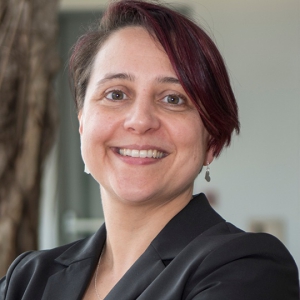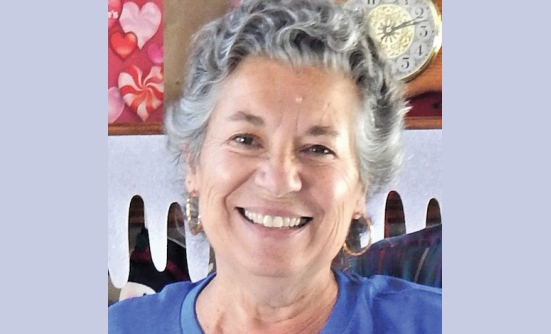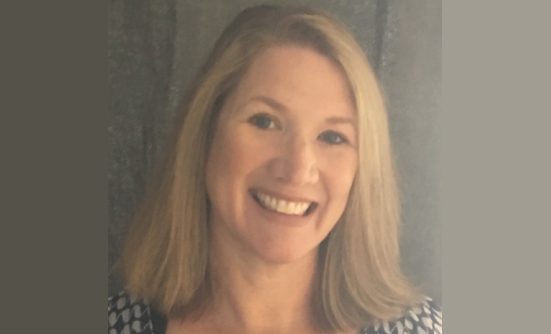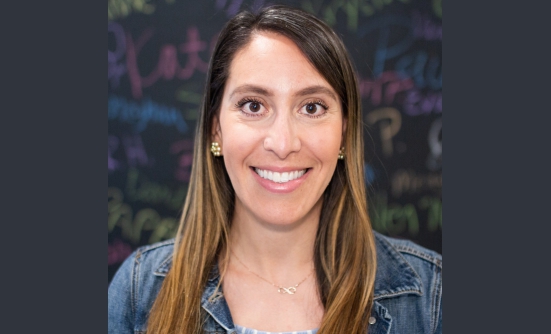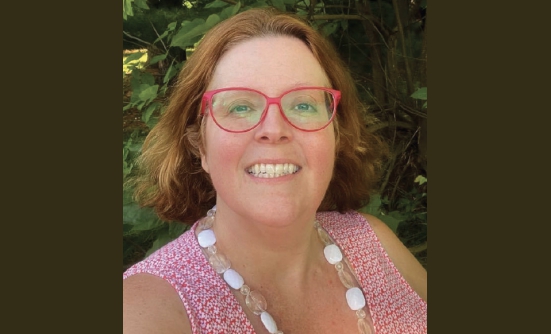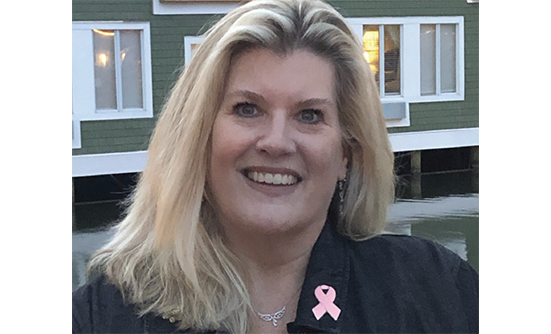Many people feel uncertain about what happens after cancer treatment is over. Throughout treatment, you have many appointments with your oncology team. You may feel nervous about seeing your oncology team less often when treatment is finished: you may not feel ready to transition the majority of your healthcare back to your primary care provider right away, or at all. Primary care providers are experts at keeping you well, however, so it is important to reconnect with your primary care provider to ensure you take care of your long-term healthcare needs after dealing with a cancer diagnosis.
Talk to your oncology team about any concerns you have about this transition. Authorize record-sharing between your oncology team and your primary care provider. This will help to improve the communication and coordination between the 2 types of providers. Also make sure both providers have each other’s up-to-date contact information.
Your Primary Care Provider Is Your Friend
If you have a survivorship care plan, share it with your primary care provider. A survivorship care plan includes important information for you and your primary care provider. It summarizes what tests you may need in the future, and how often you need them; potential long-term side effects of any treatment you received; and steps you can take to stay healthy.
When your primary care provider or other members of your care team have this information, they better understand how to coordinate your healthcare with your oncologist, what side effects to look for, and which specialists you need to see for optimal long-term monitoring of your health.
If you don’t have a survivorship care plan, ask your oncologist for a written cancer treatment summary, and specific recommendations for what you should remember about your health and your healthcare after your cancer treatment is over. You can also ask your oncologist and your primary care provider how they will share information related to your care with each other moving forward to make sure everyone is on the same page.
Cancer Survivors
The George Washington Cancer Center’s “Cancer Survivorship E-Learning Series for Primary Care Providers” is a free, online (www.bit.ly/PCPE-Learning) educational program that was created with the support and funding from the Centers for Disease Control and Prevention.
The next time you see your primary care provider, tell them about this important resource, which provides information about the state of cancer survivorship, and long-term and late side effects of cancer and its treatment. This series offers primary care providers guidelines for the management of survivors of breast, colorectal, head and neck, and prostate cancer.
There is also a tool kit available for primary care providers and cancer survivors (www.bit.ly/NCSRCToolkitPatients). This tool kit has easy-to-use checklists for breast, colorectal, prostate, and head and neck cancer surivors. Share and use the checklist at your next office visit with your primary care provider.
Together, you and your primary care doctor can help you to take charge of your health!
For daily information on ways to engage in your care, follow us on Twitter @PreparedPatient.






